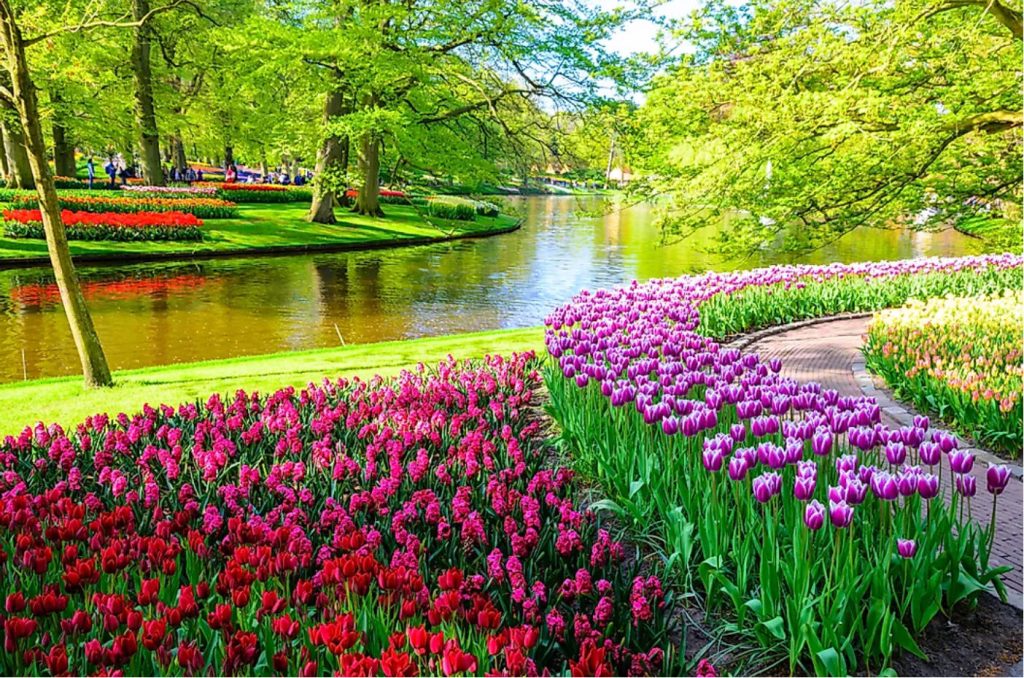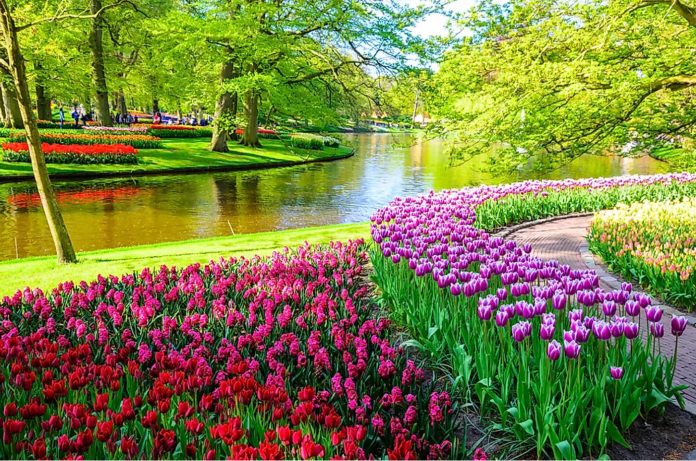Gardening can be a very rewarding and worthwhile activity. Some people see gardening as a hobby, a way to derive pleasure in their spare time. Others may view it from a more utilitarian perspective, as in a way to grow their own food without being dependent upon grocery stores. Regardless of the reason for gardening, many great tips can be found in this article for both beginner gardeners as well as seasoned gardeners.
Selecting bulbs. Most bulbs are sold during their dormant period. Buy them as early as possible before they start to produce roots. Most spring flowering bulbs will begin to grow roots by early fall, and by planting them early, you will ensure that they have time to establish themselves. Bulbs will deteriorate if kept out of the ground too long. Don’t buy any bulb that is soft or mushy, or appears to be diseased.
To save money, consider making your own garden fertilizer. For instance, broken eggshells make a great fertilizer for small gardens, indoor plants and container plants. Mix the eggshells throughout the soil to get the best effect. Eggshells even have the added benefit that they aerate the garden soil as well.
Grow crops that have a high value to you. Planting flowers that are attractive can be great. However, planting fruits and vegetables that you consume on a regular basis will save you money and allow you to eat healthier. It can be anything from tomatoes and carrots for your salads to herbs for seasoning.

To avoid injuring yourself while gardening, be sure to do some warm-up stretches before starting your project. Most people may not think of gardening as exercise, but injuries like pulled muscles frequently occur in the garden. You should also be sure to move around and not stay in one position for a long period of time.
To cheaply obtain supplies for your garden, try visiting your local army surplus store. A parachute makes an excellent canopy, and army fatigues and boots are the perfect clothes to wear while gardening. Ammunition containers are also a great way to store your gardening supplies. Supplies are often cheaper if you don’t buy things specifically aimed at gardeners.
To help your tomato plants grow strong stems, blow a fan on them for 15 minutes a day. Exposure to wind is essential to a stem’s development, and giving the plant some extra time to blow in the breeze will only make it stronger. Try using a small, portable fan on a low or medium setting.
Keep your gardening tools organized. You do not want to trek out to your garden, only to realize you do not have everything you need with you and need to hunt your tools down. Keep small tools in a tool belt that you can grab and throw on easily or keep them in a 5-gallon bucket that you can carry out to your garden, quickly.
You don’t want to pick vegetables during the day when it is hot, as that is when they are prone to damage due to them being softer. Vegetables and fruits should always be cut from the vine, not twisted; twisting subjects a plant to needless stress.
Pick the right plants. Certain plants will have an easier time germinating than others, and will guarantee a better harvest for the beginning organic gardener. Good choices include hardy varieties of cabbage, cauliflower, and herbs, but of course, you have to choose those plants which are going to do well in your climate.
Use your own seeds for gardening in later seasons. This lets you ensure that your plants are organic from start to finish. Take an earlier season of plants and allow them to go to seed before you remove them. This means that not only are your plants growing without pesticides or chemical fertilizers, the seeds were grown without them either.
Easily and quickly prepare your ground for a garden of perennials. Simply use a spade or small shovel to get under the grass or turf and flip it over. Then, using wood chips, cover the area to a depth of three or four inches. Let the area have about two weeks, then dig it and plan the new perennials.
Space is important to remember when planting an organic garden. Leave a little more space than you think your full grown plant will need to make up for overgrowth. Beyond just the physical space that the plants will need, you should also consider the airflow that the plants will require. If necessary, use a ruler to measure the distance between each plant.
As previously stated, no matter what your motivation may be for engaging in gardening, you can never know too much. By applying some or all of the tips mentioned in this article, new gardeners can quickly increase their knowledge. Likewise, experienced gardeners can always pick up some new tips and add to their expertise.


